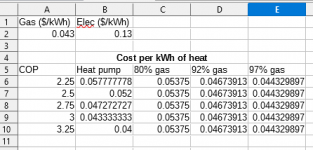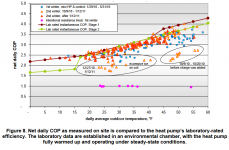Hi All,
I'm a new pool owner and also new to the site. Have heard great things about TFP!!! Looking for guidance regarding heater replacement.
I've owned my new home for 3 months. We have a gas heater with inground 16k pool and spa. The heater is archaic and has not worked since we've moved in. I'm looking to replace and considering electric heat pump vs gas heater.
I understand a heat pump will take a long time to heat the pool and have heard spa will take 45 min for heat pump vs 15 min with gas. My main concern is not buying a unit that will cost significantly more per month to operate. Does anyone have experience with electric heat pump? I'm okay taking a few days to raise our pool temp with a haet pump if the cost will be significantly less to maintain temp than a gas powered. Will a heat pump have trouble raising a 16k gallon pool to 80-85 degrees in Austin while temps are in 50s 60s? Can it raise a spa to 102 or are their limitations? Any insight on regarding temps and cost comparison would be greatly aporeciated
I'm a new pool owner and also new to the site. Have heard great things about TFP!!! Looking for guidance regarding heater replacement.
I've owned my new home for 3 months. We have a gas heater with inground 16k pool and spa. The heater is archaic and has not worked since we've moved in. I'm looking to replace and considering electric heat pump vs gas heater.
I understand a heat pump will take a long time to heat the pool and have heard spa will take 45 min for heat pump vs 15 min with gas. My main concern is not buying a unit that will cost significantly more per month to operate. Does anyone have experience with electric heat pump? I'm okay taking a few days to raise our pool temp with a haet pump if the cost will be significantly less to maintain temp than a gas powered. Will a heat pump have trouble raising a 16k gallon pool to 80-85 degrees in Austin while temps are in 50s 60s? Can it raise a spa to 102 or are their limitations? Any insight on regarding temps and cost comparison would be greatly aporeciated






